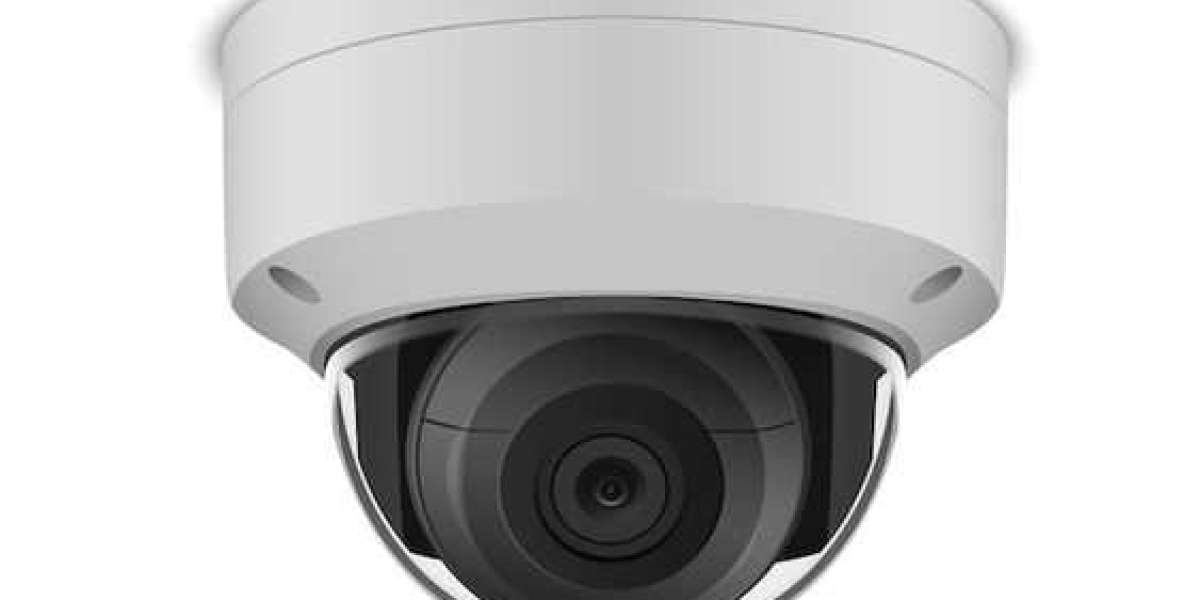The Expansion of Surveillance Cameras in Kuwait: Enhancing Security and Public Safety
In recent years, Kuwait has significantly increased the use of surveillance cameras across its cities and residential areas. This expansion aims to improve public safety, monitor traffic, and assist law enforcement in maintaining order. From busy commercial districts to quiet neighborhoods, surveillance cameras have become an integral part of Kuwait’s security infrastructure. This article explores the growing role of surveillance cameras in the country, their benefits, and the challenges they present.
A Nationwide Effort to Enhance Security
The Kuwaiti government has prioritized the installation of surveillance cameras as part of a broader strategy to combat crime and enhance public safety. This effort is particularly visible in key areas such as city centers, government buildings, commercial spaces, and high-traffic zones like malls and airports. Cameras have also been installed along major highways and intersections to monitor traffic and reduce accidents.
In addition, residential neighborhoods have increasingly adopted surveillance systems. In areas like Hawalli, Al Zahraa, Salwa, and Al-Naqra, cameras have been installed to deter criminal activity and ensure the safety of families and businesses. Surveillance cameras have proven to be effective tools in identifying and preventing crimes such as theft, vandalism, and illegal parking.
Key Benefits of Surveillance Cameras
Crime Prevention and Deterrence: One of the primary advantages of surveillance cameras is their ability to deter crime. The mere presence of cameras in public spaces and residential areas can discourage criminal activities, as individuals are less likely to commit crimes when they know they are being monitored. In case of an incident, recorded footage can be used to identify suspects and provide critical evidence for investigations.
Traffic Monitoring and Control: Surveillance cameras play an important role in traffic management across Kuwait. Installed at key intersections, highways, and busy streets, these cameras help authorities monitor traffic flow, detect violations, and respond quickly to accidents. The use of cameras has contributed to better enforcement of traffic laws, including speeding and red-light violations, thereby reducing accidents and enhancing road safety.
Public Safety in Commercial Areas: In commercial districts such as Kuwait City and Salmiya, surveillance cameras provide an additional layer of security for businesses and customers. These cameras monitor public spaces like shopping centers, restaurants, and entertainment venues, allowing authorities to respond quickly to potential threats or disturbances. Businesses also benefit from reduced incidents of theft, as cameras help deter shoplifters and other criminal activities.
Law Enforcement Assistance: Surveillance footage is an invaluable resource for law enforcement agencies. In the aftermath of crimes or accidents, recorded video can help investigators piece together events, identify perpetrators, and collect evidence for court proceedings. Kuwait’s police force frequently uses surveillance camera footage to track down suspects and resolve cases more efficiently.
Challenges and Concerns
While the benefits of surveillance cameras are clear, there are several challenges and concerns that come with their widespread use:
Privacy Concerns: One of the main issues raised by the increased presence of surveillance cameras is the potential infringement on personal privacy. As cameras become more prevalent in public and even semi-private areas, concerns about the monitoring of individuals' movements and activities grow. The balance between public safety and privacy rights is a delicate issue that authorities must navigate carefully.
Maintenance and Management: The effectiveness of surveillance systems depends on their regular maintenance and proper management. Cameras need to be routinely inspected to ensure they are functioning correctly, and outdated systems must be upgraded to maintain the quality of recorded footage. Additionally, the storage and management of large amounts of video data require significant resources and security measures to prevent unauthorized access.
Cost of Implementation: Installing and maintaining a large network of surveillance cameras across the country requires substantial financial investment. While the Kuwaiti government has allocated funds for this initiative, the cost of expanding the system to cover more remote areas or upgrading existing infrastructure could pose challenges in the long term.
Cybersecurity Risks: With the rise of smart surveillance systems that use internet connectivity for real-time monitoring, there is a growing concern over cybersecurity threats. Hackers may attempt to breach these systems to access sensitive footage or disrupt camera operations. Ensuring the security of surveillance networks and protecting them from cyberattacks is a critical aspect of maintaining public trust in these systems.
The Future of Surveillance in Kuwait
As technology continues to evolve, the use of surveillance cameras in Kuwait is expected to expand further. The government has been exploring the integration of advanced technologies such as artificial intelligence (AI) and facial recognition to improve the capabilities of surveillance systems. These innovations could allow for more precise monitoring and quicker identification of individuals involved in criminal activities, making the systems even more effective.
Additionally, the growing demand for smart cities in the region will likely lead to further investments in surveillance technology. Smart cities rely on interconnected systems that include surveillance cameras, sensors, and data analytics to improve the quality of life for residents and enhance the efficiency of public services. In Kuwait, smart city initiatives could incorporate advanced surveillance networks to ensure the safety and security of urban spaces.
Conclusion
The widespread installation of surveillance cameras across Kuwait reflects the country’s commitment to improving security, reducing crime, and ensuring public safety. From traffic monitoring to crime deterrence, these cameras play a crucial role in maintaining order and assisting law enforcement. However, as surveillance systems become more advanced and pervasive, it is important for authorities to address concerns around privacy, cybersecurity, and cost management. With careful planning and continuous improvements, Kuwait’s surveillance network will continue to be a valuable asset in promoting a safer and more secure environment for all its residents



